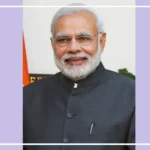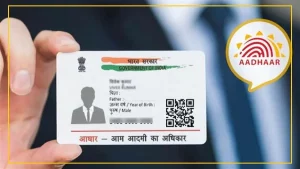The government is once again preparing for a major merger among public sector banks (PSBs).
Finance Minister Nirmala Sitharaman recently shared that the goal isn’t just to merge banks for the sake of it, but to create a few large, world-class Indian banks that can compete with global financial institutions.
The government wants these public banks to be strong in size, technology, management, and efficiency—on par with private sector banks.
Smaller Banks May Merge with Bank of India
Several merger combinations are currently being discussed.
One of the most likely plans is to merge smaller banks like UCO Bank, Central Bank of India, Indian Overseas Bank, and Bank of Maharashtra into the Bank of India, since it is the largest among them.
Another possibility is to merge banks based on their operations and technology.
In that case, UCO Bank and Central Bank of India could join Punjab National Bank, while Bank of India might merge with Union Bank, and Indian Overseas Bank with Indian Bank.
If the goal is purely to build bigger banks, merging Bank of India and Union Bank could create a financial giant with deposits worth ₹18–19 lakh crore, making it India’s third-largest bank after SBI and HDFC Bank.
Another idea being considered is a merger between Bank of Baroda and Union Bank, which could lead to a combined deposit base of over ₹25 lakh crore, almost equal to HDFC Bank.
The Real Challenge: Merging People, Not Just Systems
While bigger banks may sound great on paper, experts say the real challenge lies in blending work cultures and management styles.
For example, when Syndicate Bank merged with Canara Bank in 2019, technical systems were combined quickly, but aligning employee practices and work culture took much longer.
So, this merger isn’t just about merging accounts—it’s about uniting people, leadership approaches, and decision-making systems.
Economists also believe that simply merging banks won’t make them stronger.
To truly become world-class, these institutions need more operational freedom.
Former RBI Governor Y. V. Reddy suggested that if the government reduces its stake below 50% and brings these banks under the Companies Act, they could operate more independently—free from excessive government audits and controls.

























